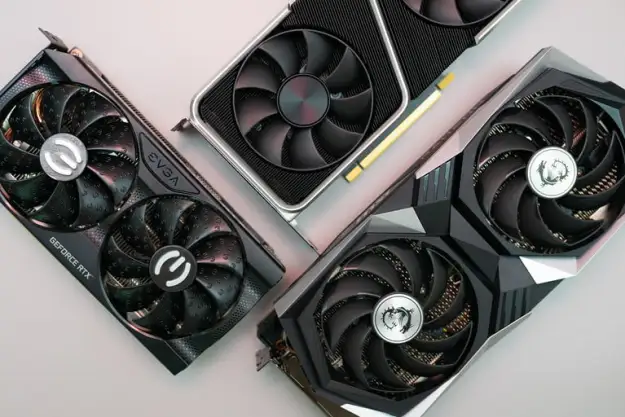
The Free Software Foundation has filed a copyright infringement lawsuit (PDF) against technology giant Cisco, alleging the company has knowingly and consistently violated the terms of the GNU General Public License (GPL) and GNU Lesser Public License (LGPL) in a series of products sold under the company’s Linksys brand. One of the conditions of the licenses is that anyone who distributed products based on the licensed programs must provide recipients with source code to those programs.
Most commonly, product developers comply with the source-sharing requirement by posting their code on their Web site rather than bundling it in with a physical product. The Free Software Foundation alleges there have been numerous instances where Cisco has failed to do so, and has been working with Cisco since 2003 to rectify the situation. But Cisco has yet to even come up with a plan to comply with the terms of the licenses, leaving the FSF no alternative but a lawsuit. The FSF is asking for an injunction blocking the sale of products using GPL-licensed code, and wants Cisco to forfeit profits generated by its infringement, as well as pay damages and litigation costs.
"Free software developers entrust their copyrights to the FSF so we can make sure that their work is always redistributed in ways that respect user freedom," said the FSF’s executive director Peter Brown, in a statement. "In the fifteen years we’ve spent enforcing our licenses, we’ve never gone to court before. We have always managed to get the companies we have worked with to take their obligations seriously. But at the end of the day, we’re also willing to take the legal action necessary to ensure users have the rights that our licenses guarantee."
The lawsuit was filed on the FSF’s behalf by the Software Freedom Law Center, which also handled GPL infringement suits (against Monsoon, Xterasys, High Gain Antennas, and Verizon) on behalf of BusyBox, a GPL-licensed component widely used in Linux-based embedded and mobile systems.
Cisco representatives declined to comment on the suit, but indicated the company believed it was "largely" in compliance with GPS requirements. Nonetheless, being sued by the FSF is a particularly bad way to build credibility in the Linux and open source community.
Editors' Recommendations
- This HP laser printer deal cuts over 50% off the price for a limited time
- Lenovo ThinkPad deals: Save over $1,000 on the classic laptop
- The case for buying the M2 MacBook Air over the M3 model
- 7 beloved Windows apps that Microsoft has killed over the years
- There’s a war brewing over OLED gaming monitors


